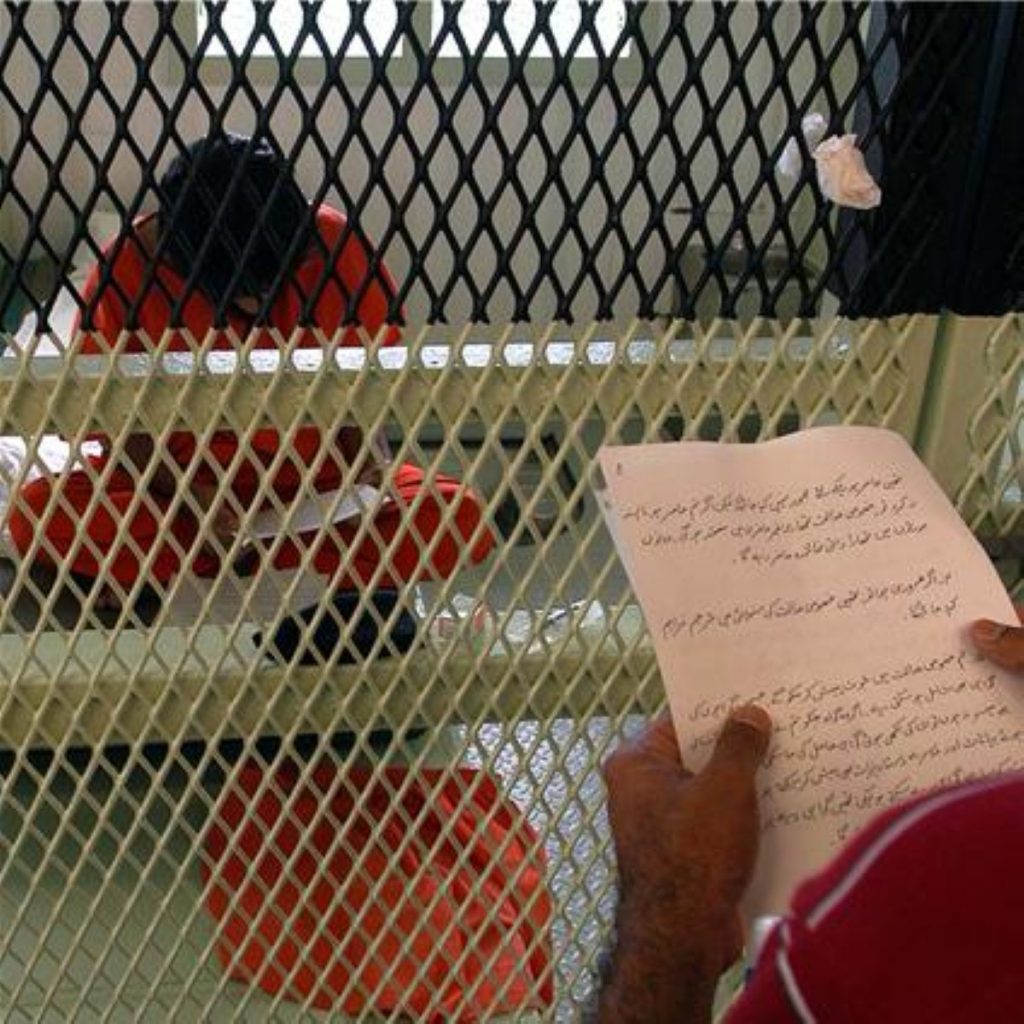Comment: No British company should be profiting from Guantánamo
By Kevin Lo
The Guantánamo Bay detention camp has been called the gulag of our times, a shocking affront to democracy, and a monstrous failure of justice. As human rights eyesores go, the prison is also a pricey one, with each detainee costing at least £1.7 million per year.
The latest corporation to suckle on this lucrative US teat is British company G4S – the largest security firm in the world, and well-known service provider for the UK government. As part of a recently-announced US military contract, G4S will be paid £71.2 million over five years to provide "base support operating services" at Guantánamo Bay. What this means in practice is that the company could be involved with every aspect of the facility's inhumane practices.
Amidst the charged aftermath of the 9/11 attacks, the US government engineered the legal black hole of Guantánamo Bay to hold detainees indefinitely beyond the jurisdiction of courts. The facility has been a sadistic experiment in human misery ever since. Torture techniques that have included forced nudity, hooding, isolation, threats of death, and religious humiliation are today compounded by beatings and forced feeding of the desperate prisoners hunger-striking to protest their indefinite detention without charge.


In the UK alone, G4S receives millions in taxpayers' money; a reality that sits uncomfortably with the government's position that "indefinite detention in Guantánamo Bay is wrong, and that the detention facility should be closed". Whether ministers like it or not, this contract associates Britain with the day-to-day running of the facility.
This unhappy contradiction is the subject of a complaint to the UK National Contact Point against G4S for breaching the OECD's Guidelines, a set of responsible business standards for multinational companies. Reprieve brings this complaint on behalf of a number of Guantánamo detainees, all men who have languished in their cells for more than 12 years without being charged with any crime. It details how the sweeping nature of the G4S contract may mean that the company will be unable to avoid complicity in abuses: from the maintenance of force-feeding equipment to the transport of shackles, restraint chairs – even detainees.
Guantánamo Bay detainees regularly undergo Forcible Cell Extractions (FCEs), whereby guards in riot gear rush into a cell, savagely pin down a detainee, and assault and shackle him, before hauling him out of the cell. Last week, we heard from prisoners how one FCE team had recently "twisted [a detainee's] hands until they broke his left hand and the right one was swollen".
Hunger strikers are tightly strapped to a multi-point restraint chair by their arms, legs, and head. Twice a day, large tubes are painfully inserted into detainees' noses by inexperienced medical staff, causing untold pain and suffering as internal organs are scraped raw. Some detainees have spent nights vomiting and coughing up blood after the sessions.
One of these detainees is Shaker Aamer, a British resident with four children who live in south London. Mr Aamer continues to be held in solitary confinement despite both the Bush and Obama administrations clearing him for release. It is the UK government's stated policy that Mr. Aamer should be returned to his family in the UK. The prime minister says he has repeatedly raised the issue with President Obama, and yet there has been no movement. Last month Mr Aamer was once again violently assaulted by guards.
There is also little evidence that the prison has helped 'secure your world', as goes G4S' moniker. Even the PM has insisted that Guantanamo "has actually helped to radicalise people and make our country and our world less safe".
While the US government continues to hope that the world will turn a blind eye to the ongoing abuse at Guantánamo Bay, the UK government needs to show that its strong words of condemnation are not just airy rhetoric. G4S has agreed to help run an illegal torture facility, and the UK cannot stand idly by.
Kevin Lo is corporate social responsibility advocate for international human rights charity Reprieve
The opinions in Politics.co.uk's Comment and Analysis section are those of the author and are no reflection of the views of the website or its owners.

